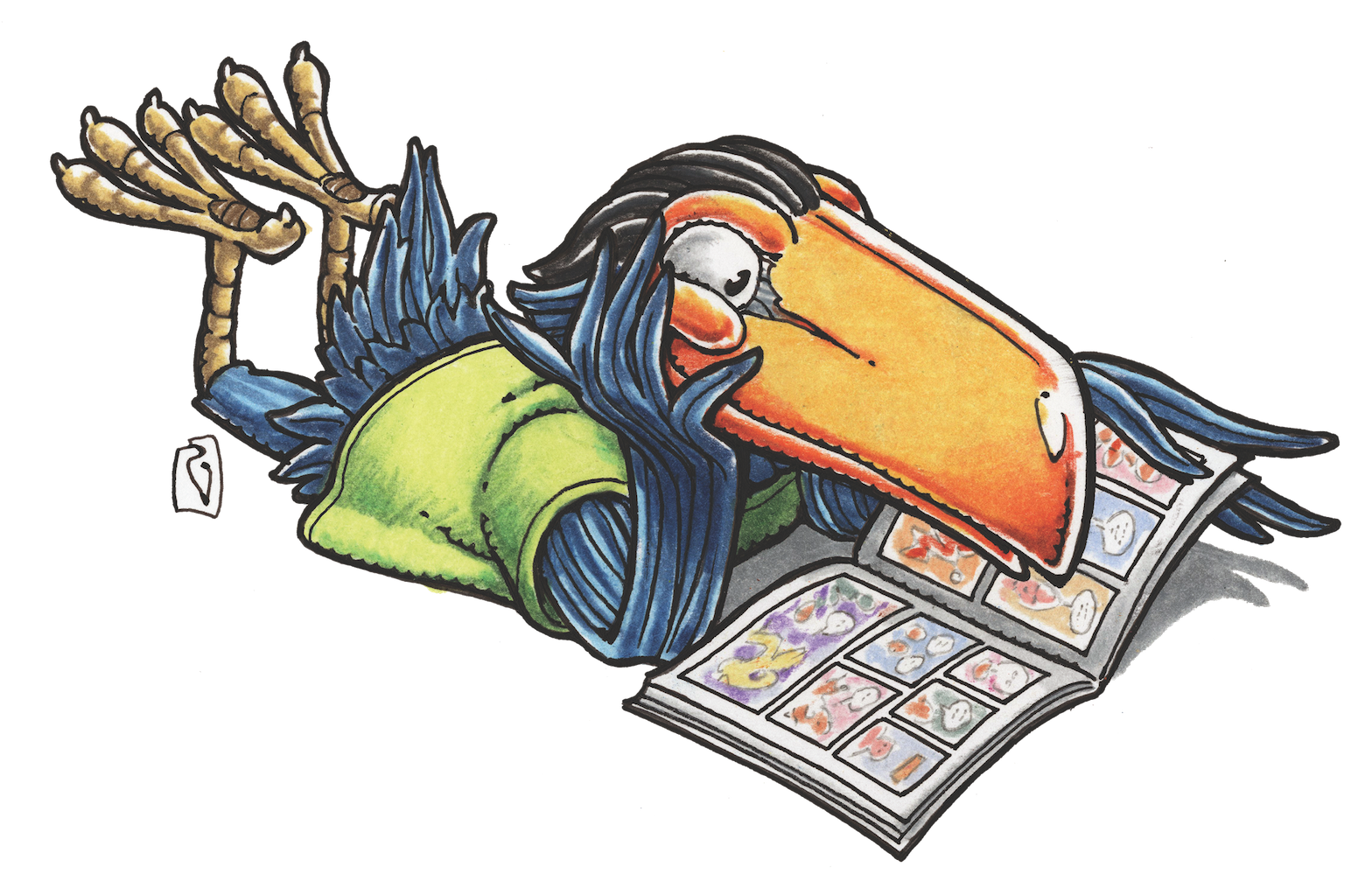MARC BERNARDIN’S DEVOURER OF WORDS
Devourer of Words 034: Legacy


It’s a thought that sneaks into every writer’s mind at one point or another, no matter the kind of work you’re doing or the kind of medium you’re operating. “Does this piece of work matter, in any way? Will anyone ever remember it?”
I’ve got TV writer friends who’ve been doing it for a quarter of a century, who’ve worked on shows you have absolutely binged, who will still lament the fact that they haven’t created “their Lost.” All of us are working in the shadow of titanic comics like Sandman or American Flagg or Maus, knowing that by and large what we’re doing will never be spoken of in the same breath.
It can be hard to find the light when other things are casting such long shadows.
But in the same way that no one ever sets out to make a bad movie, no one can possibly start working on something that’s destined to be the Great American Whatever while actually being aware of that destiny.
I’ve been thinking a lot about this recently, especially in the wake of David Bowie’s death. Looking back on the breadth and depth of his work, there were a couple of albums released before Space Oddity, but they’ve been largely forgotten by the non-completist because they’re not the Bowie we know to be Bowie. He hadn’t discovered who he was going to be yet. He hadn’t found his authentic self. (And, yes, “authentic” even applies to someone who seemed to shapeshift before our eyes—his desire to refashion himself, to treat image as much like an instrument as a guitar, was actually the removal of artifice and not the other way around.)
“Who is your authentic self” is a hard question to ask anyone no matter what their profession, but I wager it’s even harder for someone in a creative pursuit. And even harder still if that which we make is so defined by the conventions of the work itself. While the types of comics being published today enjoy a greater variety than they ever have before, we’re still dealing with—for the most part—a serial medium that tells genre stories. Many of us have to deal with capes and continuity, with house styles and corporate mandates. All of us have to deal with reader apathy and market forces that push stories down one road or another.
But all of the great works that will stand the test of time were created by someone with something to say. And the first step to having that something to say is to understand who you are. (That’s not to say you’ll have all the answers—the joy of a serial medium like comics or television is that you can grow as the story grows. I don’t for a second think that the Neil Gaiman who started Sandman is the one who finished it.)
Great art is created by great artists, and great artists have uncovered that thing about themselves they know to be true. The frustrating part is that, occasionally, that discovery is subconscious and they don’t know it until it starts to surface in the work itself.
We all want to leave a legacy behind us, be that one great book, or a section in a library. There’s no cheat code that’ll unlock legacy, besides to do the work and try to lead an examined life. Nor is there anything wrong with not being Stephen King. It should be the mark of a life’s work if just one person comes up to you, unbidden, and says, “I loved that book.”
I dunno, really. It’s a constant struggle. Maybe the answer is, ultimately, to make the best stuff you can and let Crom sort it out.
Marc Bernardin’s Devourer of Words appears the third Tuesday of every month here on Toucan!